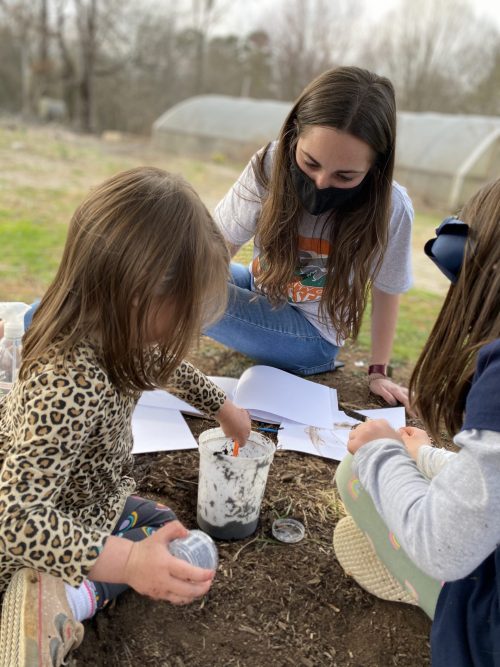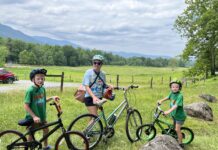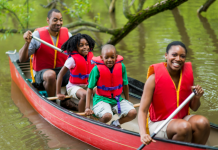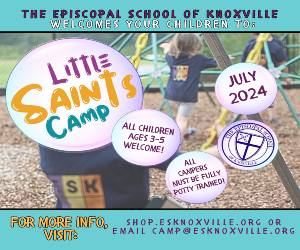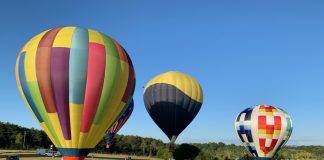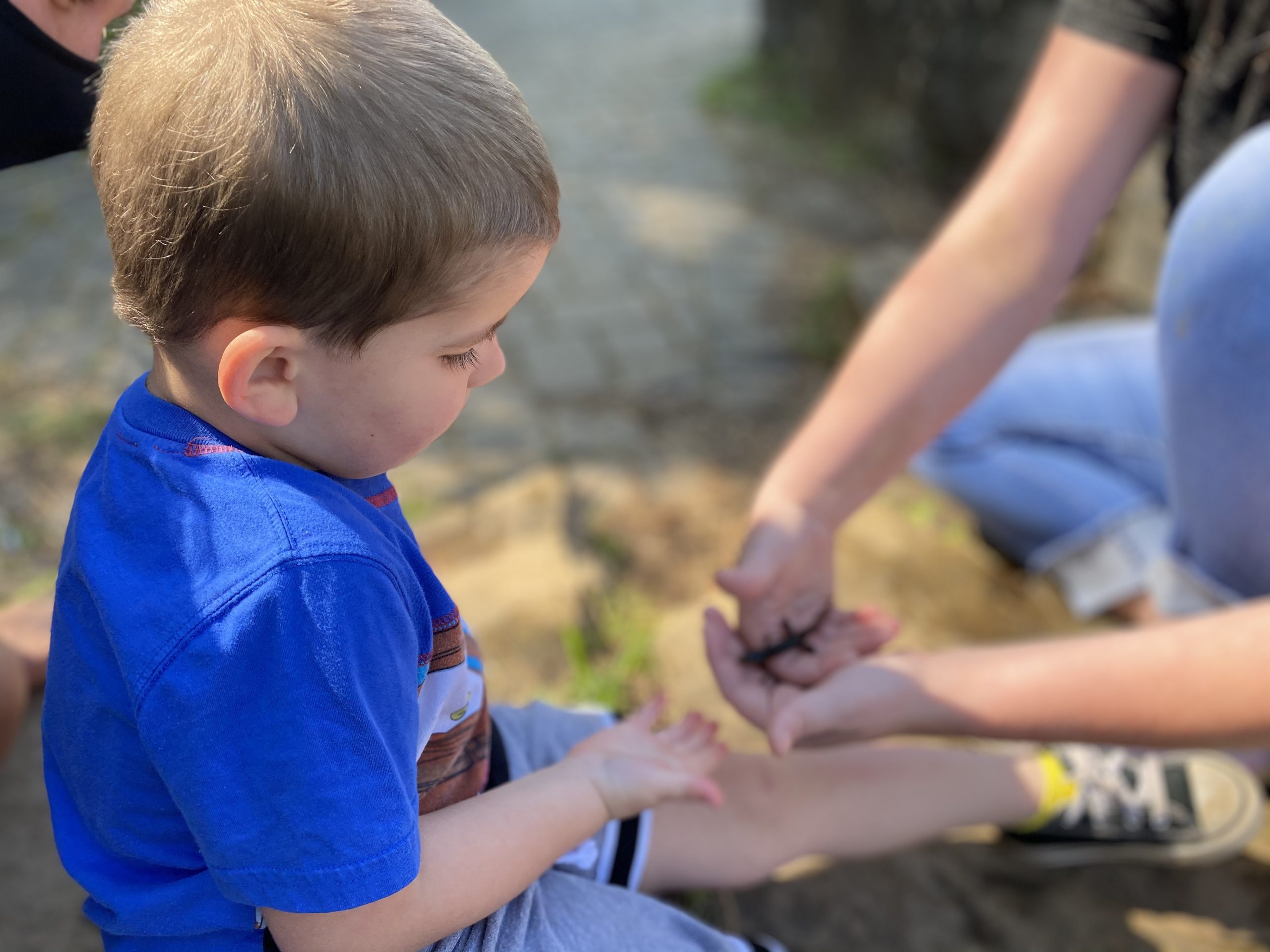 Outdoor education has long been shown to have multiple benefits for children. Research shows it improves self-esteem, leadership skills, relationships with peers, motivation to learn, cooperation, conflict resolution and behavior in class.
Outdoor education has long been shown to have multiple benefits for children. Research shows it improves self-esteem, leadership skills, relationships with peers, motivation to learn, cooperation, conflict resolution and behavior in class.
One often overlooked potential benefit to exploring nature is the opportunity for great speech and language development in toddlers and preschoolers.
Walking a trail, rolling around in the grass, taking a picnic, putting a bug in a jar, jumping in a puddle, making a snowman, catching a fish or a tadpole…these are all fantastic conversation starters for our little people. In a time when we are inclined to ask for the best app or set of flashcards to help a child learn more words, we may forget about the world of vocabulary outside our front door.
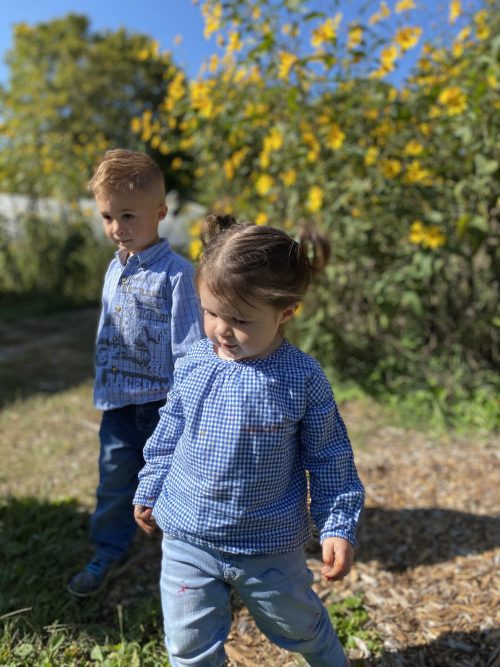 When looking to grow the speech and language skills of toddlers and preschoolers, some of the best techniques include the following:
When looking to grow the speech and language skills of toddlers and preschoolers, some of the best techniques include the following:
Modeling and repeating language
Rather than asking questions like “What’s this?” or “What’s that?,” modeling language that is one step above your child’s level is a great way to get them to imitate, learn new vocabulary and produce more complex language. If your child is talking in 1-2 word utterances, model a lot of 2-3 word utterances. This strategy invites them to repeat phrases that aren’t too challenging.
For example:
Child: “Cow!”
Parent: “Yes! It’s a cow.”
Child: “Issa cow?”
Parent: “That’s right. It’s a cow!”
Expanding
Re-word your child’s utterance, which may be incomplete or short, into a complete utterance.
Child: “doggie eat.”
Parent: “The dog is eating.”
Recasting
Repeat what your child says with more detailed or correct language.
Child: “It’s a chikmunk!”
Parent: “I see the chipmunk! He is a little chipmunk. The chipmunk is climbing a tree.”
Self-talk and parallel-talk
Talk about what you are doing. Talk about what your child is doing. This is an effective way to model language with new vocabulary and increased complexity. Be sure to give your child plenty of pause time so they have a chance to respond or initiate conversation.
Self-talk from parent: “I am digging a hole with my shovel. I am going to put the seeds in the hole. Then flowers will grow someday!”
Parallel talk from parent: “You have a shovel, too. You are digging a deep hole. There are three seeds in your hole. I wonder if three flowers will grow?”
All of these strategies commonly used by teachers and speech-language pathologists to facilitate language development are perfect for use in the great outdoors.
Think about how you can facilitate language when:
- playing in the backyard
- riding a bike
- splashing in a baby pool
- squirting the hose
- drawing with sidewalk chalk
- taking a walk
- playing basketball, baseball, soccer, etc.
- having a catch with a beach ball
